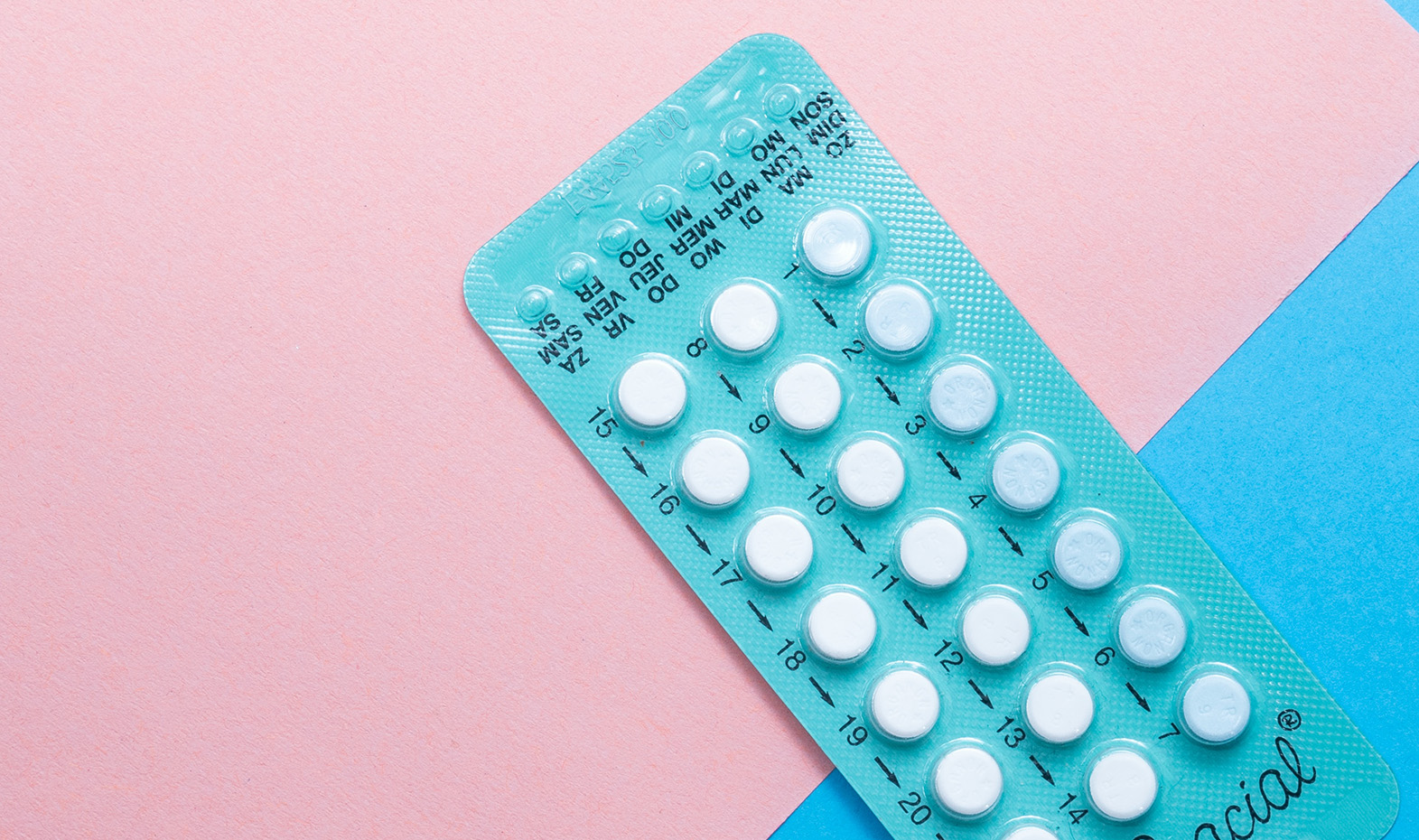Emergency Contraceptives
What happens when birth control fails?

Emergency Contraceptives, or the “Morning After Pill” is an over-the-counter medication that prevents pregnancy from occurring. It contains the hormone levonorgestrel. This hormone prevents or delays ovulation, the first step in any pregnancy. However, the Morning After Pill is not 100% effective. 1 out of 8 women who take the morning-after pill are likely to become pregnant.
The pill should be taken within 72 hours of unprotected sex but is most effective when taken within 24 hours. The Morning After Pill is not intended to be a reliable source of birth control. It is only to be taken if your primary source of birth control fails, or in cases of unprotected sex.
The Morning After Pill will not protect you from pregnancy if you have unprotected sex after taking it. If you have not gotten your period more than a week after expected, you may be pregnant. Hope Clinic recommends scheduling a consultation now for a free pregnancy test.
Side Effects
Some women experience the following side effects after taking the Morning After Pill:
- Nausea and vomiting
- Menstrual Cramps
- Vaginal Bleeding or Spotting
- Fatigue
- Headache
- Dizziness
If you are experiencing an allergic reaction to the Morning After Pill, seek professional medical help immediately. Allergic reactions to any drug are life-threatening, and left untreated, could be fatal.
Frequently Asked Questions
Yes, you can take the Morning After Pill more than once, but it is not intended to be used as a regular form of birth control. Frequent use of emergency contraception can be less effective over time and may lead to side effects like irregular periods. If you’re concerned about regular birth control, talk to a healthcare provider about other, more reliable options.
The Morning After Pill is about 87% effective, meaning approximately 1 in 8 women who take it could still become pregnant. The sooner you take it after unprotected sex, the more effective it is. It’s most effective when taken within 24 hours.
No, taking the Morning After Pill does not affect your ability to get pregnant in the future. It’s a one-time method that works to prevent pregnancy after unprotected sex, but it does not have long-term effects on your fertility.
No, the Morning After Pill won’t work if you are already pregnant. It is designed to prevent pregnancy before it occurs, not to terminate an existing pregnancy. If you suspect you are already pregnant, a pregnancy test or consultation with a healthcare provider is recommended.
If you vomit within two hours of taking the Morning After Pill, it may not be fully absorbed by your body. In this case, you should contact a healthcare provider, as you might need to take another dose.
Your period may come earlier or later than expected after taking the Morning After Pill. It’s normal for your next period to be a little irregular, but if it’s more than a week late, you should take a pregnancy test to make sure you’re not pregnant. You can schedule a free pregnancy test with Hope Clinic!
Yes, you can take the Morning After Pill if your regular birth control method fails (like if you miss a pill or your condom breaks). However, you should continue using your regular birth control method as directed after taking the Morning After Pill.
No, the Morning After Pill only works for preventing pregnancy from the unprotected sex that happened before you took it. It won’t protect you from pregnancy if you have unprotected sex again after taking it.
Most women experience only short-term side effects, such as nausea or changes in their period. There are no known long-term side effects from taking the Morning After Pill, but if you have concerns, it’s best to talk to a healthcare provider.
Yes, the Morning After Pill is available over the counter without a prescription, and there are no age restrictions for purchasing it.
No, you do not need parental consent to purchase the Morning After Pill. It is available over the counter, and you can buy it without a prescription.

The content on this page has been reviewed and approved by our Medical Director Dr. Jennifer Bailey.

